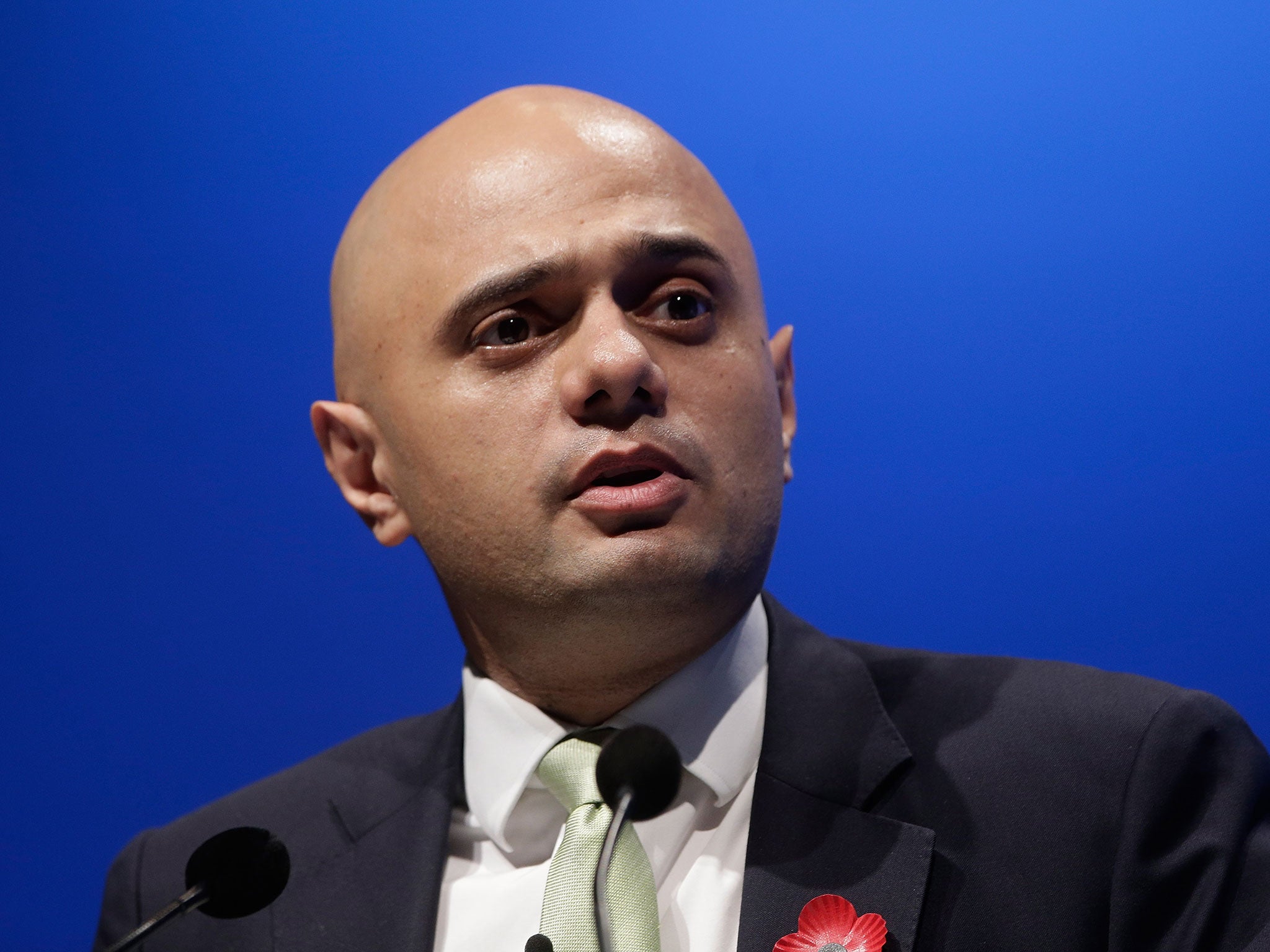Home Office report on ‘characteristics’ of grooming gangs fails to give any real answers
After two-and-a-half-year wait, officials conclude it is ‘not possible to say’ whether Asian offenders are over-represented, Lizzie Dearden writes

Two and a half years after being announced by Sajid Javid, research into the “characteristics” of grooming gangs has been published.
The former home secretary spoke about the work several times in 2018, sparking controversy by saying there was a “high proportion of men of Pakistani heritage” in high-profile cases and that there could be “cultural reasons” behind the abuse.
But after his move to the Treasury, the Home Office fell silent and later said the work was “internal”, refusing to release it following a freedom of information request by The Independent in December 2019.
The resulting article sparked a petition signed by more than 130,000 people demanding the release of the research, prompting a government U-turn in May.
But the Home Office paper on “group-based child sexual exploitation” does not contain the answers that many were eagerly awaiting.
Instead of providing a much-needed official resource to aid prevention efforts, the report is a catalogue of unknowns.
As a result, different groups are likely to use it to confirm pre-existing beliefs. Far-right groups will continue to blame Muslim men, either by selectively quoting the report or dismissing its findings.
Hours after its release, Britain First declared it a “blatant cover-up”, while Tommy Robinson was posting claims about “predominantly Pakistani Muslim child rape gangs”.
The report concluded that the “existing data would not answer the question of the relationship between ethnicity and child sexual exploitation” (CSE), and that it “was not possible” to say whether certain groups are over-represented among abusers.
The report said that a “number of high-profile cases have mainly involved men of Pakistani ethnicity” and that some research found high numbers of Asian and black grooming gang members.
But it warned of problems with data quality and sample selection, as well as “the potential for bias and inaccuracies”.
The Home Office concluded that it was “most likely” that most grooming gang members are white, but offered little evidence other than data gaps and wider sexual offending trends.
It said the prevalence of grooming gangs was also “difficult to determine” because of under-reporting by victims, and under-recording by police.
Grooming gang members may be convicted of a range of offences, from rape to trafficking and drug supply, and although police introduced a “CSE flag” to draw together related crimes in 2016, it is not consistently used.
The flag is for all CSE, rather than abuse by groups, and – as the report says – “‘grooming gang’ is an ambiguous term that has no official definition”.
“We have found that a lack of clarity around definitions of groups, gangs, and sexual exploitation contribute to inconsistencies in recording,” it added. “There remains confusion amongst practitioners around what constitutes group-based CSE.”
Only 32 out of 44 police forces across England, Wales and Scotland responded to a call for a data snapshot in June, and it was “not possible” to exclude different types of CSE such as online grooming from the figures they provided.
What the report does show is the continuing failure to properly record, analyse and ultimately prevent sexual abuse by grooming gangs in Britain.
While an improved response by police has resulted in dozens of abusers being convicted, the report suggests a case-by-case approach where no agency has taken responsibility for joining the dots.
The Home Office’s paper is the first step towards filling that gap, and the government has promised to further its understanding with a new Tackling Child Sexual Abuse Strategy.
As Rotherham survivor Sammy Woodhouse says, “this is something that is still happening today and will continue to happen in the future”. Victims cannot afford to wait another two-and-a-half years for action.



Join our commenting forum
Join thought-provoking conversations, follow other Independent readers and see their replies
Comments